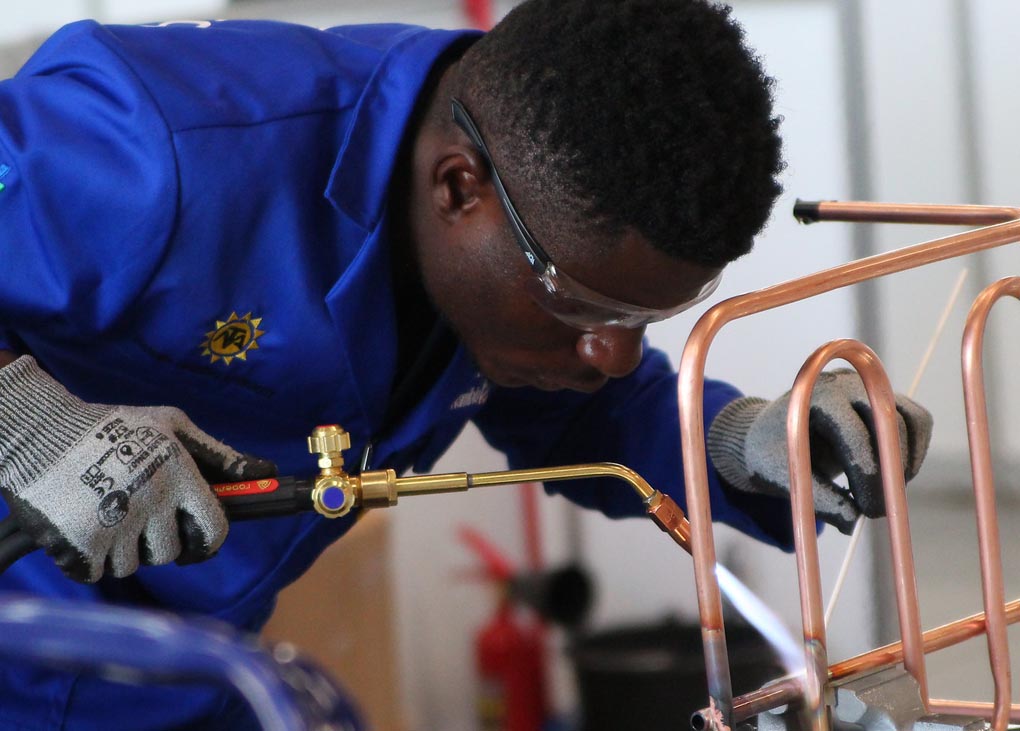After a decade of work from organisations around the globe and a series of pilot projects, the United Nations Refrigerant Driving Licence (RDL) scheme was launched at the 45th meeting of the Open-ended Working Group of the Parties to the Montreal Protocol, held in Bangkok.
The RDL is a comprehensive refrigerant management qualification program that seeks to help developing nations achieve higher competence standards in safe refrigerant handling through training and accreditation.
It has been jointly developed by UNEP OzonAction and the Air-Conditioning, Heating, and Refrigeration Institute (AHRI). Key international industry associations supporting it include AREA, ASHRAE, ABRAVA, ACAIRE, EPEE, HRAI, JRAIA, KRAIA, ARAP and U-3ARC.
The RDL sets minimum competencies and skills for the refrigeration and air conditioning servicing sector, creating an industry and association-endorsed international qualification program that is available to industry and governments alike.
According to the bodies involved, the RDL will be an important tool for benchmarking of essential competencies and skills required for the proper and safe handling of refrigerants. In turn this will support the completion of the HCFC phase-out, and smooth start of the HFC phase-down in Article 5 countries in line with the Kigali Amendment of the Montreal Protocol.
An important component of the RDL is that it includes assessment of technician knowledge and skills in the handling A2L and A3 refrigerants now entering the market as lower-GWP alternatives to traditional refrigerants.
The Building Engineering Services Association (BESA) has welcomed the long-awaited launch, noting that it will help improve worldwide safety standards in HVAC&R as industry moves away from HFCs and towards more flammable alternatives. Some industry bodies in developing countries have raised concerns about being used as “guinea pigs” for refrigerant transition.
“A lot of countries do not enjoy the training and technical infrastructure we take for granted in Europe and the rest of the developed world,” says BESA Technical Director Graeme Fox, one of the founders of the RDL scheme.
“Many of those countries still want to progress and adopt more environmentally friendly refrigerants. However, the speed of the transition to new gases is causing some very serious safety issues, and there have already been several deaths caused by the mishandling of these substances.
“European legislators deserve praise for seeking to set the pace on reducing global warming, but changes need to be proportionate and practical. We must be mindful that one of the consequences of limiting the use of conventional refrigerants is that many developing nations with minimal expertise end up handling large amounts of flammable gas.
“The RDL will, given time, immeasurably improve professional standards worldwide and allow for the gradual and safe adoption of more environmentally benign substances.”
 Mark Vender
Mark Vender


Leave a Reply